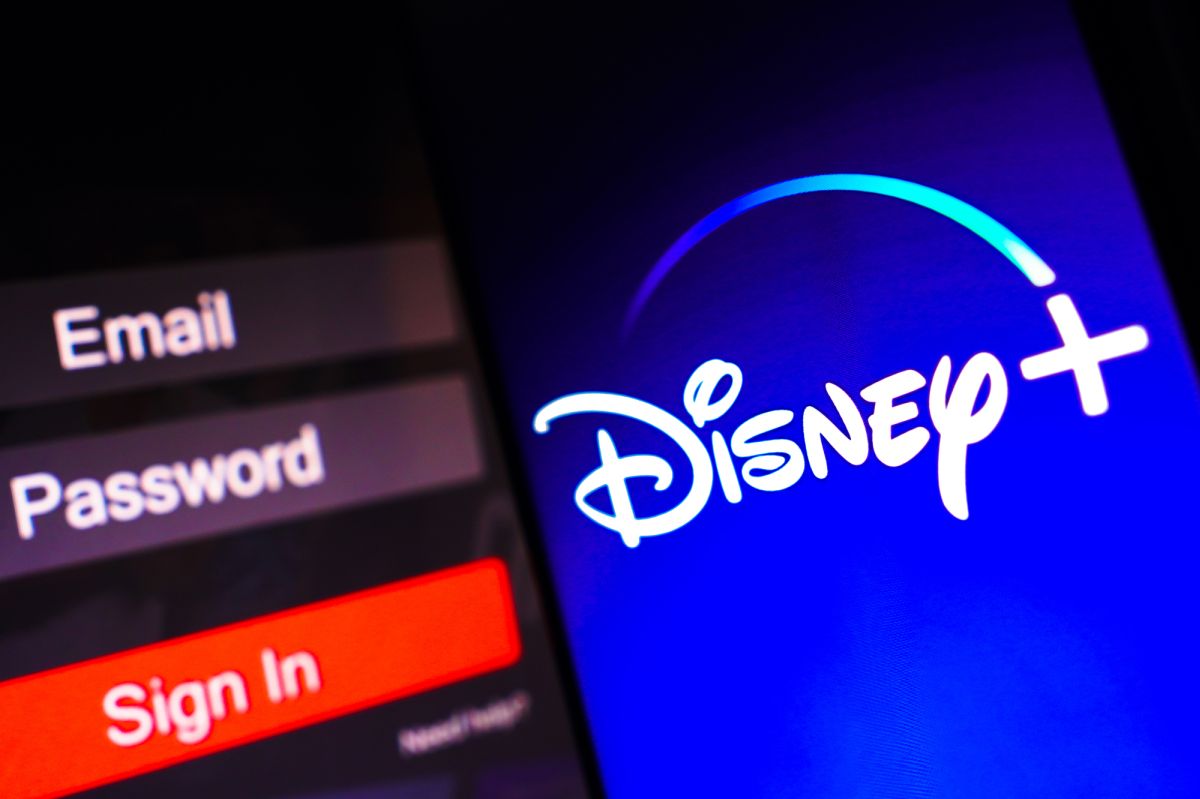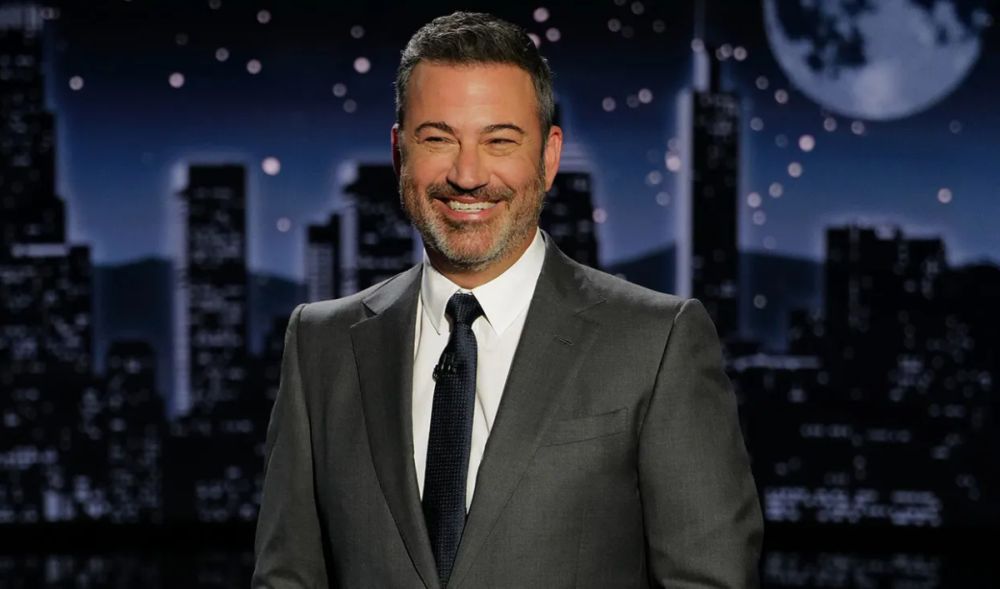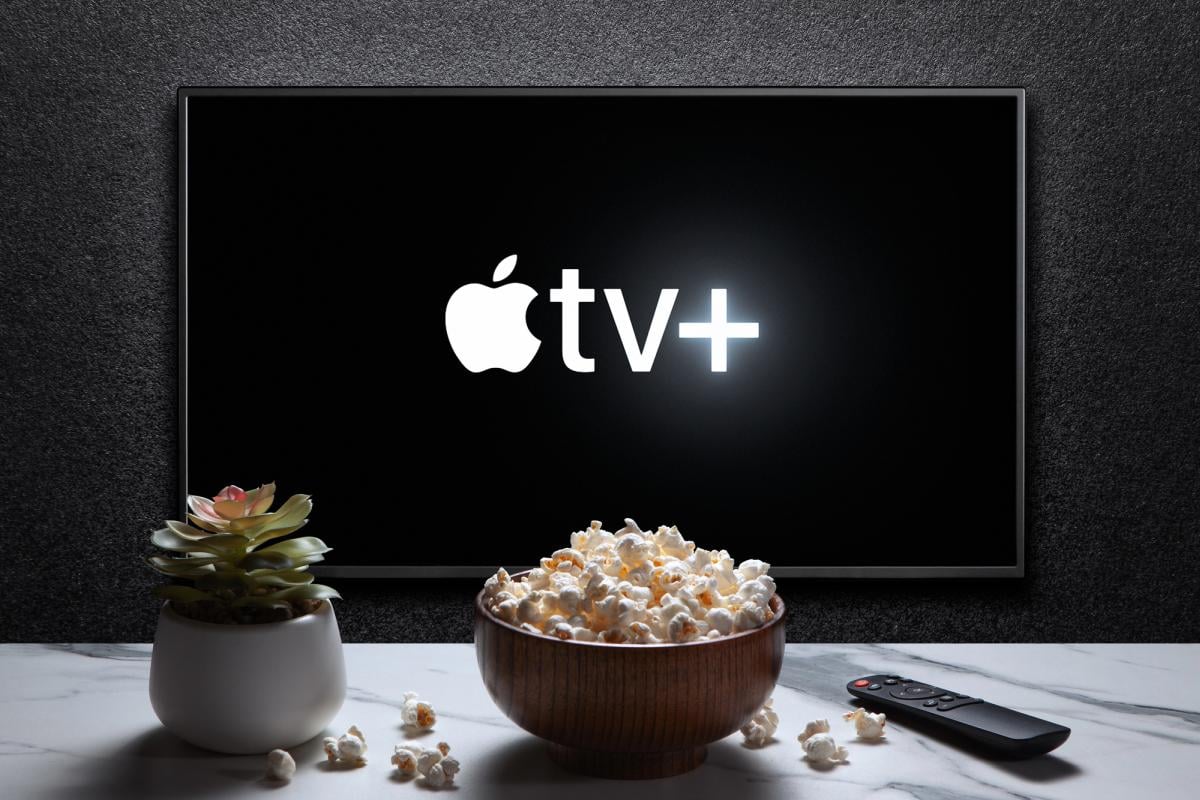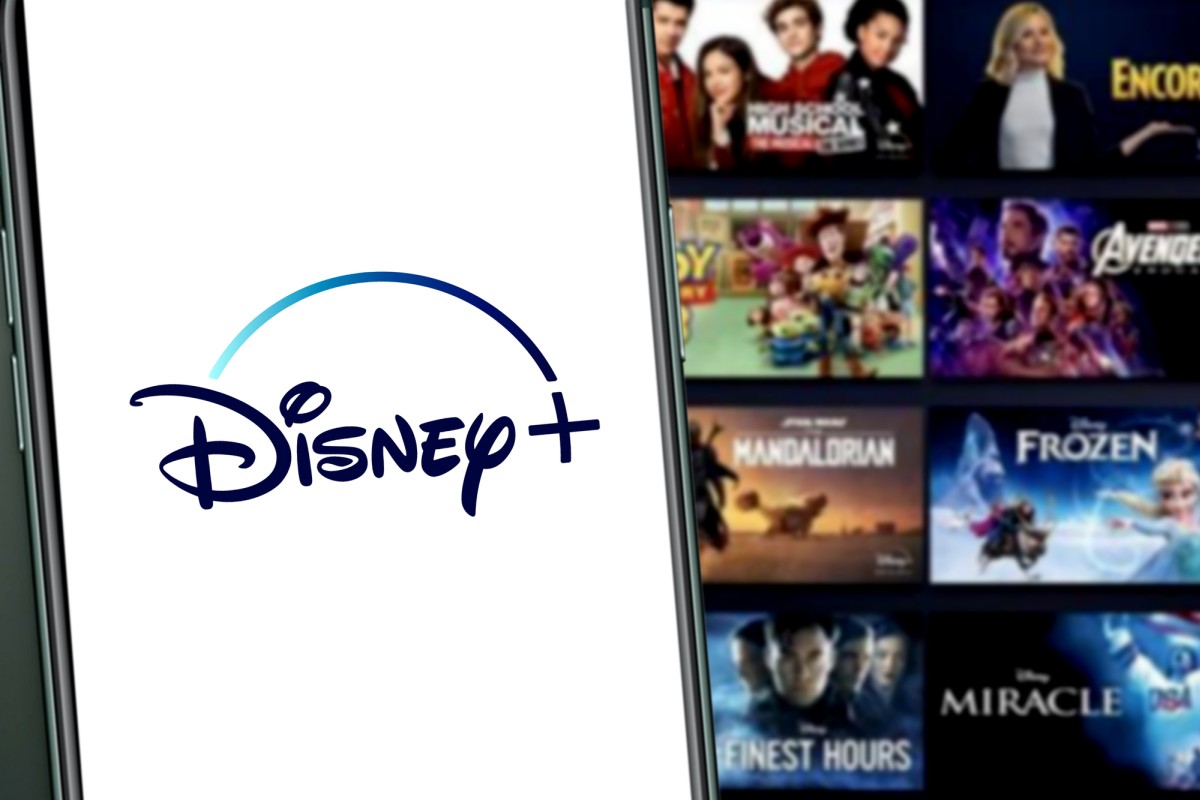Disney+ is hitting UK wallets hard once again, announcing another price increase that couldn’t have come at a more uncomfortable time for the company.
This latest increase continues a now-familiar pattern for Disney+, which has been steadily hiking prices since its budget-friendly launch during lockdown.
It’s part of a broader industry trend that’s seeing most major streaming services treat annual price bumps as inevitable – leaving cord-cutters wondering if they’ve simply swapped one expensive TV bill for another.
Furthermore, just as Disney+ is bombarding viewers with “last chance” adverts urging people to lock in current pricing before September 29, the company is simultaneously dealing with a furious subscriber revolt over the indefinite suspension of Jimmy Kimmel Live!.
The Price Jump: What We Know (And What We Can Guess)
Disney has only confirmed one figure so far – the annual Standard plan climbing from £89.90 to £99.99, on September 30, 2025.
That’s a £10.10 annual increase, or roughly 11%.

However, if Disney follows its usual pattern of adjusting all pricing tiers simultaneously, we can expect across-the-board increases of around 11%. Based on this calculation, here’s what the new pricing structure might look like:
| Plan | Current Price | Likely New Price |
|---|---|---|
| Standard with Ads | £4.99/month | £5.99/month |
| Standard (Monthly) | £8.99/month | £9.99/month |
| Standard (Annual) | £89.90/year | £99.99/year (confirmed) |
| Premium (Monthly) | £12.99/month | £14.99/month |
| Premium (Annual) | £129.90/year | £149.90/year |
If these speculative figures prove accurate, the annual Premium plan would approach £150 – a far cry from Disney+’s original £59.99 yearly pricing back in 2020.
It is possible that Disney+ would only increase some of the prices – Apple TV+, for example, recently increased the monthly price but not the annual price – but we’re going to have to wait and see.
Lock In Before It’s Too Late
Disney is currently running aggressive advertising campaigns emphasising that subscribers have until September 29 to secure current pricing on annual plans. The messaging is clear: act now or pay more later.

For those already on monthly plans, switching to annual before the deadline could provide genuine savings.
At current rates, the Standard annual plan works out to £7.49 per month – still cheaper than the existing £8.99 monthly rate, and significantly better value than what’s coming.
Of course, the downside is losing the flexibility that made cord-cutting attractive in the first place. Committing to a full year means you can’t easily pause your subscription during content droughts or when budgets get tight.
The Kimmel Controversy: Subscribers Fighting Back
Disney’s price increase campaign is being overshadowed by a different kind of viewer engagement – furious comments from subscribers threatening to cancel over the Jimmy Kimmel situation.

The company pulled Jimmy Kimmel Live! off the air indefinitely on September 17 following government pressure over comments the comedian made about the killing of conservative activist Charlie Kirk.
FCC Chairman Brendan Carr had threatened regulatory action against Disney and ABC, warning they could “do this the easy way or the hard way.”
The response has been swift and vocal. Social media is flooded with cancellation screenshots under hashtags like #CancelDisneyPlus and #CancelHulu, with some users reporting that Disney’s cancellation pages crashed under the volume of requests.
Even Disney’s own stars are speaking out. Tatiana Maslany, who starred in the Disney+ exclusive She-Hulk series, urged her followers to “cancel your @disneyplus @hulu @espn subscriptions!” Marvel actress Marisa Tomei has also shared boycott messaging.
Comments on Disney’s current pricing adverts, even in the UK, are filled with angry subscribers vowing to stick with their cancellations until Kimmel’s show returns. “Save 10% on what exactly? My cancelled subscription?” reads one typical response.
Another Price Rise at the Worst Possible Time
This latest increase continues Disney+’s relentless march away from its budget-friendly roots, but it comes alongside significant changes to the service that Disney would argue justify the higher costs.
Over the past year, Disney+ has been aggressively expanding beyond traditional entertainment.
The service secured exclusive rights to the UEFA Women’s Champions League for five seasons and recently added Saturday evening LaLiga matches featuring Real Madrid, Barcelona, and other Spanish giants.

These sports additions represent Disney’s plan to become “essential viewing” that subscribers can’t easily cancel.
Meanwhile, Disney is preparing for autumn changes that will see the Star brand replaced with Hulu internationally.
This isn’t just cosmetic – it’s part of Disney’s broader plan to merge Hulu into Disney+ in the US, creating a single streaming platform that combines family-friendly content with adult entertainment and live sports.
The company has also cracked down on password sharing with its “Extra Members” feature, forcing subscribers to pay additional fees to add household members – currently £4.99 monthly for Standard and Premium tiers.
When Disney+ launched in the UK in March 2020, it cost £5.99 monthly with 4K streaming and four concurrent streams included.
Fast forward to today, and maintaining that same experience requires the Premium tier at £12.99 monthly – a 117% increase in just over five years. If our speculative £14.99 figure proves accurate, that would represent a 150% rise from the original launch price.
The increases have come thick and fast:
- March 2020: £5.99/month launch price
- February 2021: £7.99/month (with Star addition)
- November 2023: Three-tier system introduced (Premium at £10.99)
- October 2024: Premium reaches £12.99
- September 2025: Annual Standard hits £99.99 (likely more to follow)
The Annual Price Rise Becomes Industry Standard
Disney+ isn’t alone in treating price increases as an annual tradition. Across the streaming landscape, regular price bumps have become as predictable as autumn leaves.
Apple TV+ recently raised its prices again in September – jumping from £6.99 to £8.99 monthly after nearly two years of stability. Even Apple’s relatively modest library couldn’t escape the industry trend towards higher pricing.

Netflix, the granddaddy of streaming price increases, has been hiking rates regularly and will likely announce another round of increases in the coming months.
The company has perfected the art of gradual price creep, testing subscriber tolerance with incremental rises that avoid massive backlash.
Amazon’s Prime Video has joined the party by introducing adverts to its standard tier in 2023, effectively forcing subscribers to pay extra for the ad-free experience they previously enjoyed at no additional cost.
The pattern is clear: streaming services have moved beyond the growth phase of attracting new customers with low prices. Now they’re focused on extracting maximum revenue from existing subscribers, banking on the inconvenience of cancelling and the fear of missing out on exclusive content.
For cord-cutters, this creates an uncomfortable reality. The collective cost of maintaining multiple streaming subscriptions increasingly rivals the traditional Sky / Virgin Media / EE TV packages that many sought to escape.
When Disney+ Premium potentially hits £14.99, combined with Netflix, Amazon Prime, Apple TV+, and others, monthly streaming bills can easily exceed £50 – territory once occupied by Sky and Virgin Media packages.
For more TV and streaming news, Sign up for our free e-mail newsletter.

Two things that stand out for me in this article;
“furious subscriber revolt over the indefinite suspension of Jimmy Kimmel Live!.”
I can’t believe there are that many people in the UK are that bothered about the sacking of a US talk show host who I guess chats about all things American.
Secondly; If D+ attracts the sort of audience who are furious about Kimmel being sacked then I don’t think I would be interested in paying for the type of programmes that D+ put out.
I’ll stick to Freeview as long as I can thanks.
Another to cross off the list. They won’t be happy untill all have left them, then they’ll be scratching their head’s.